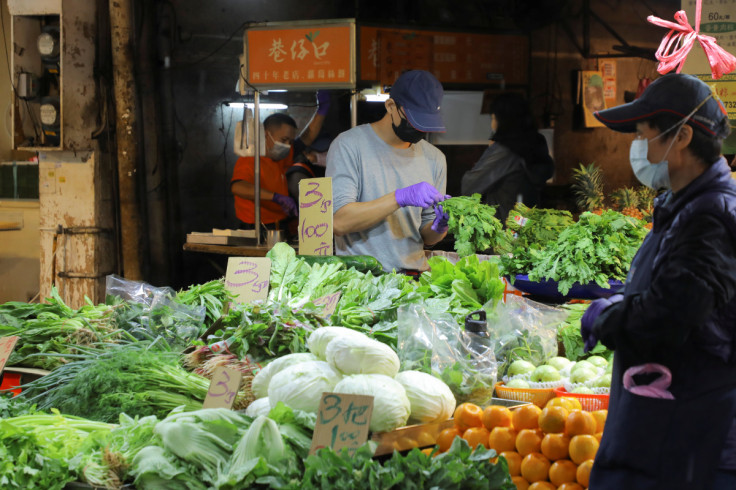Capital Outflows Likely 'Temporary', Taiwan Can Keep Markets Stable-Finance Minister

Capital outflows are a "temporary phenomenon" and Taiwan, with its foreign currency reserves, has enough capacity to maintain its financial markets stable, Finance Minister Su Jain-rong said on Wednesday.
Taiwan's stock market and currency have tanked in recent weeks due to aggressive interest rate hikes in the United States and U.S. dollar strength, as well as worries over slowing global economic growth.
Speaking to Reuters in Manila on the sidelines of the Asian Development Bank's annual meeting, Su acknowledged concerns about capital outflows but pointed out Taiwan's central bank has publicly said foreign exchange reserves are high.
"So the capital outflow maybe is just a temporary phenomenon. But we have enough capacity to maintain the stability of the financial market," he said.
Foreign investors sold $33.8 billion worth of stocks as of the end of August, according to Taiwan's stock exchange.
The Taiwan dollar has depreciated 13% against the greenback so far this year, while the benchmark stock index is down 26%, one of the worst performances in Asia.
With $545.48 billion in foreign exchange reserves as of August, Taiwan has ample capital to support the currency and economy if needed.
EXPORT GROWTH
Taiwan, a major semiconductor producer, benefited from demand for consumer electronics like tablets during the work and study from home trend during the COVID-19 pandemic, but that demand is now sagging as the global economy faces recession and soaring inflation.
Su said the export growth rate in the fourth quarter and next year will maybe "be reduced to a one digit rate of increase", though added this would be off a high base.
"However, we are now watching carefully to see where the economy worldwide will go."
The fourth quarter is traditionally a high point for exports ahead of the Christmas season in Western countries.
Taiwan's exports edged up just 2% year-on-year in August, below economists' expectations, and the finance ministry has forecast they could contract up to 3% this month, citing woes like global inflation and the impact of the war in Ukraine.
Taiwan also faces another uncertainty in the form of military and political tensions with China, which views the island as one of its provinces. Taiwan strongly objects to China's sovereignty claims.
China mounted war games near Taiwan last month after U.S. House Speaker Nancy Pelosi visited Taipei.
Su said Taiwan - which participates in the bank as "Taipei, China" despite the government's objections - hoped a Chinese attack would not happen.
"I think everyone knows that once this happened, it (would be a) disaster," he added.
"Everyone knows how serious it is, so need not mention it," Su said, when asked if this would be brought up during the bank meeting. "Maybe side meetings, bilateral talks."
($1 = 31.8740 Taiwan dollars)
© Copyright Thomson Reuters {{Year}}. All rights reserved.





















